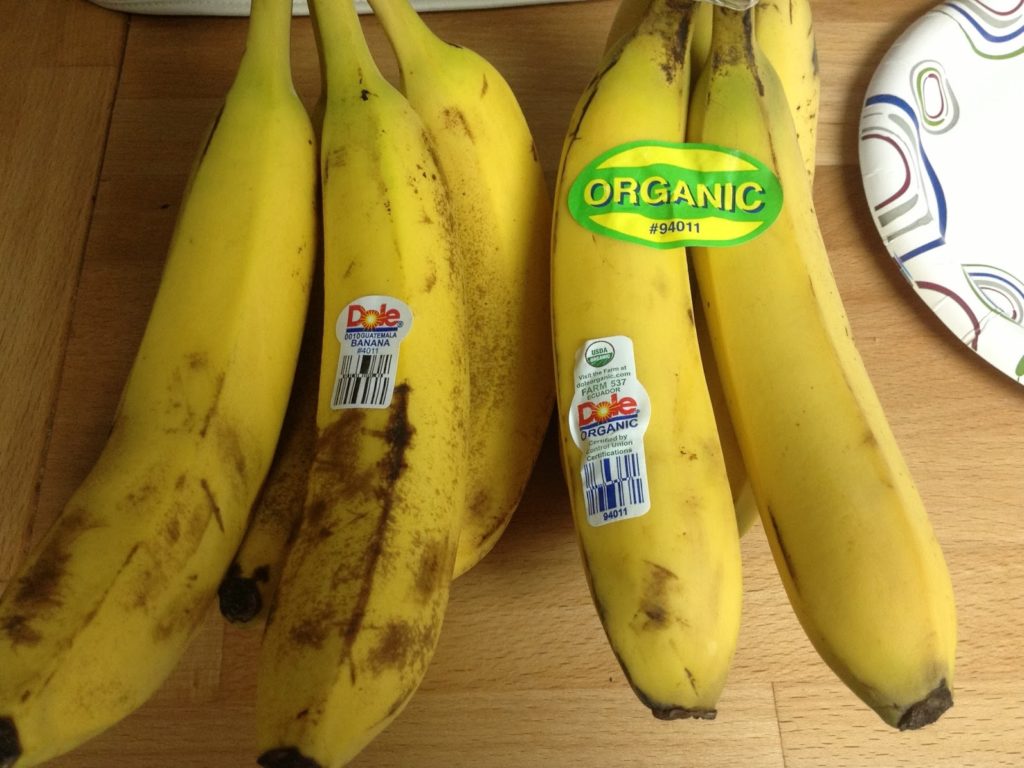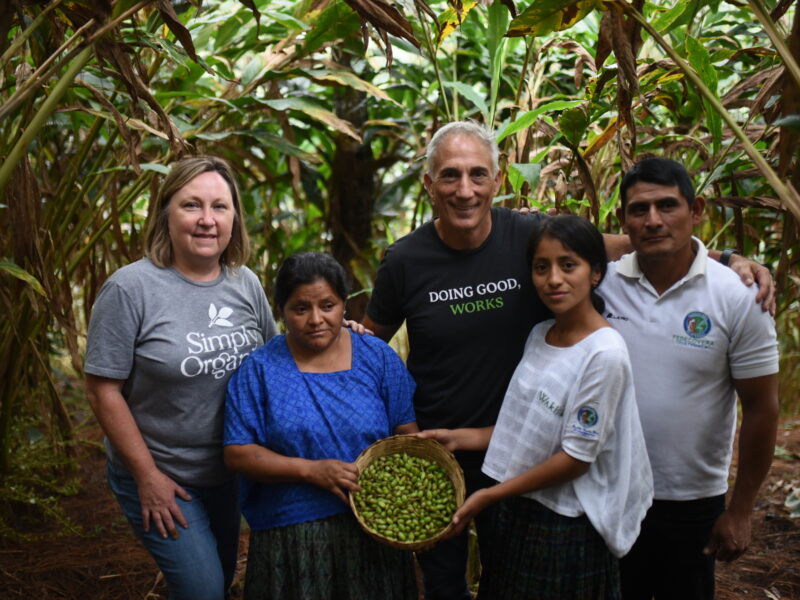When supposed “myth-busters” like Peter Laufer and his Washington Post Editorial, “Five myths about organic food,” leave out key information about what it means for food to be organic, their attempts to limit confusion backfire and spread an inaccurate story of organic.
Laufer takes five myths about organic food and claims that they are all false. Let’s take a look at these “myths” to see if there is truth behind them that Laufer overlooked.
1. If a product is labeled organic, it hasn’t been exposed to herbicides or pesticides.
The use of toxic persistent pesticides is prohibited in the production of organic crops under the US Department of Agriculture’s definition of organic. These persistent pesticides break down very slowly polluting our soil, water and air and have been linked to numerous human health problems.
There are a few natural pesticides, like paper mulch, horticultural oils and hydrated lime that have been approved for use as a last resort on organic crops.
What’s more, a recent Australian study found that eating organic food for just one week can reduce the pesticide levels in your body by nearly 90 percent!
So, food labeled as organic may have been exposed to limited amounts of natural pesticides but it has not been exposed to dangerous persistent pesticides and consuming organic food has been cited as one of the best ways to avoid pesticide exposure.
2. Organic food is better for you.
It has already been established that eating organic food can drastically reduce your exposure to pesticides, but is organic food nutritionally superior to conventional?
Laufer says no, but fails to consider any scientific literature that says differently.
A study from 2013 shows that organic milk has higher levels of healthy omega-3 fatty acids and lower levels of the unhealthy omega-6 fatty acids than conventionally produced milk. Since organic production prohibits the use of antibiotics, several studies have found lower rates of antibiotic-resistant bacteria in organic animal products when compared to conventional.
In regards to produce, one study found that organic tomatoes were 50 percent higher in vitamin C content than conventional tomatoes while another found that organic tomatoes have a higher antioxidant capacity than conventionally grown tomatoes.
3. Organic food is better for the environment.
Laufer admits that organic farming practices are better for the environment than conventional practices, but claims that the carbon footprint from transporting organic products is the problem.
Healthy soil naturally retains photosynthesized carbon dioxide (CO2) instead of releasing it back into the atmosphere and organic farming methods help maintain and improve soil health.
A new white paper from the Rodale Institute estimates that if all the crop and pastureland across the world was converted to regenerative organic agriculture it could sequester over 100% percent of our annual CO2 emissions, virtually zeroing out the world’s yearly CO2 emissions including those resulting from transporting food.
4. Products labeled organic are inspected to guarantee their purity.
All products labeled organic must come from certified organic farms and food manufacturers. These organic operations must be certified by a third party USDA-accredited certifying agent and are subject to random inspections at least once each year.
5. Imported products labeled as organic meet U.S. standards.
In order for imported products to be labeled as organic in the U.S. there must be a trade agreement established, and the exporting country must have the same or even more stringent organic standards than the importing country.
There are many benefits of organic food and farming that must be expressed clearly in order to clear up confusion about what the organic label really guarantees. We can learn from Laufer and others like him that you must look at the big picture when making claims one way or the other.









